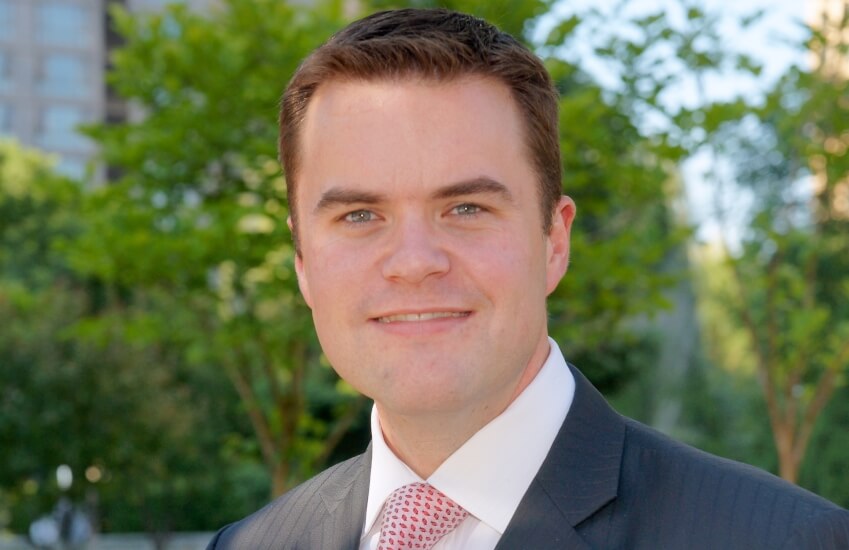Speaking on Accountants Daily Live, Institute of Public Accountants chief executive, Andrew Conway said the professional body has lobbied for the licensing regime to be reformed to ensure that accountants will not be kept out of the advice space.
“While there have been people who have moved into the limited licence regime, the vast majority of those in practice haven’t so I’ll say, from a systemic point of view, has the structured licensing regime worked? And I think the answer is no,” said Mr Conway.
You’re out of free articles for this month
“We are arguing that we actually need to reform the licensing arrangement to reflect the fact that the engagement with the accountant is at a different level and the accountant has a different base level of competence – this is not about being elitist, this is about being realistic.
“There is appetite… we originally saw this as a bridge too far that government wouldn’t be entertaining it but they have indicated they are willing to listen because we have presented to them the facts that people are simply not getting the advice they were once able to get and rather than opting out of advice from an accountant or a financial planner, they are simply opting out of advice.”
As it stands, accountants providing even limited financial advice – like basic SMSF set-ups – will need to do three or so bridging courses at a tertiary level to remain compliant beyond 2024 under FASEA’s new education standards.
Mr Conway believes the new education requirements will drive out accountants from the market, leaving Australians with fewer options at a time where they need it most.
“The differential between what you are required to do as a limited and full license holder is negligible, if at all. If you are going to be building those competences and using those education standards to guide your training and you are not going to use it, ultimately what’s the point?,” said Mr Conway.
“We have to acknowledge that the accounting profession is starting from a very different point. The financial planning sector is later to the argument around professionalism – it has made great strides but we have to acknowledge that the accounting profession has been doing its trade and craft for the last series of centuries so we are coming at different angles.
“We are working on some viable options to recognise the qualification and skill that accountants bring … the government has indicated they will listen and we will keep prosecuting the case.”
For the full background of the profession’s lobbying efforts, click here.
Watch Accountants Daily Live for an insight into what the incoming education changes mean for accountants.
This email address is being protected from spambots. You need JavaScript enabled to view it.
Jotham Lian
AUTHOR
Jotham Lian is the editor of Accountants Daily, the leading source of breaking news, analysis and insight for Australian accounting professionals.
Before joining the team in 2017, Jotham wrote for a range of national mastheads including the Sydney Morning Herald, and Channel NewsAsia.
You can email Jotham at: This email address is being protected from spambots. You need JavaScript enabled to view it.

 Login
Login







